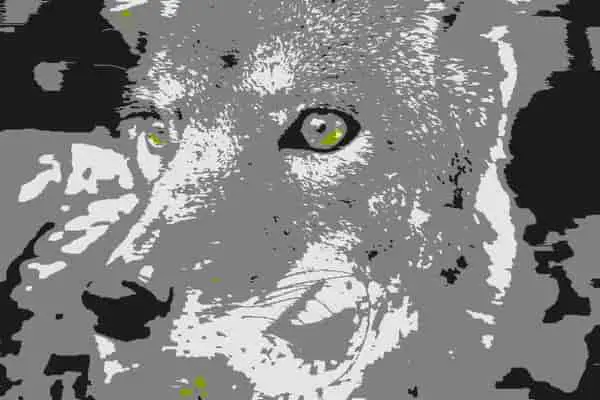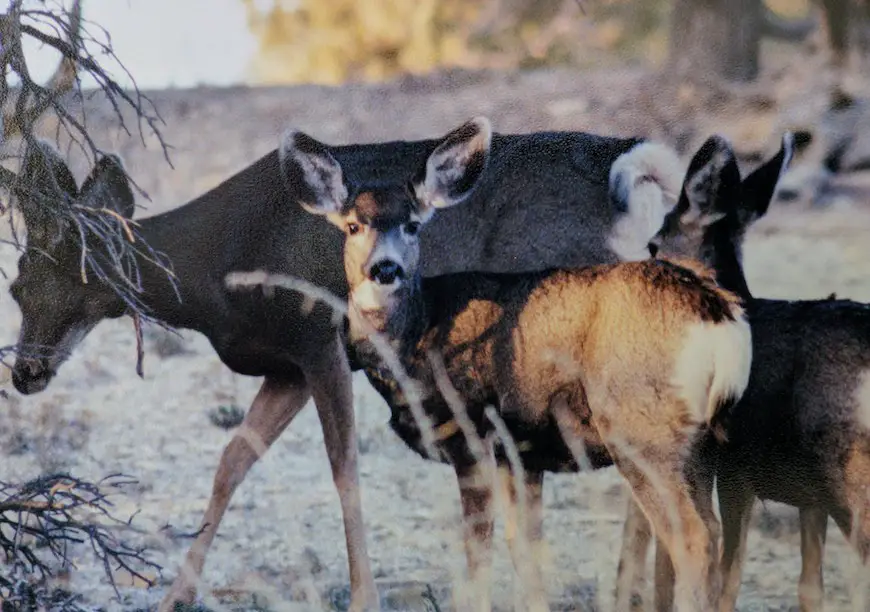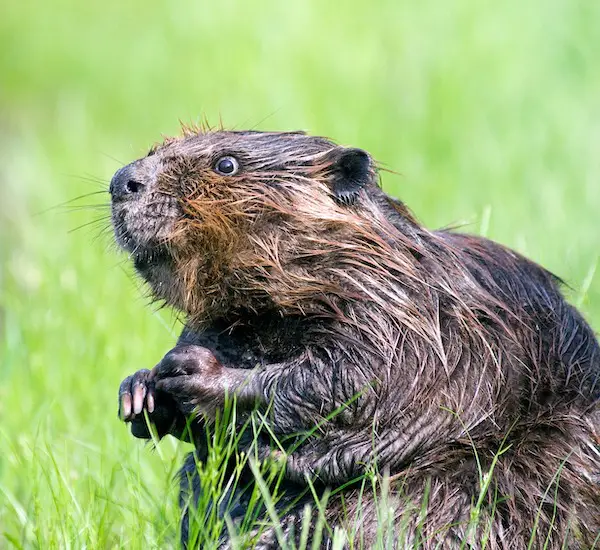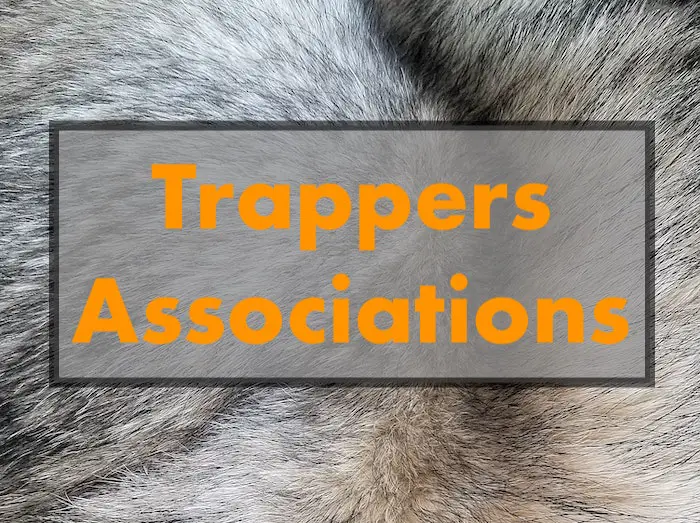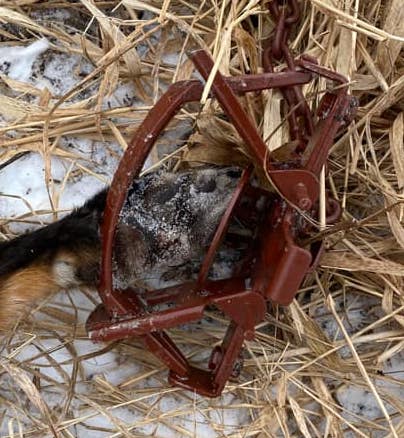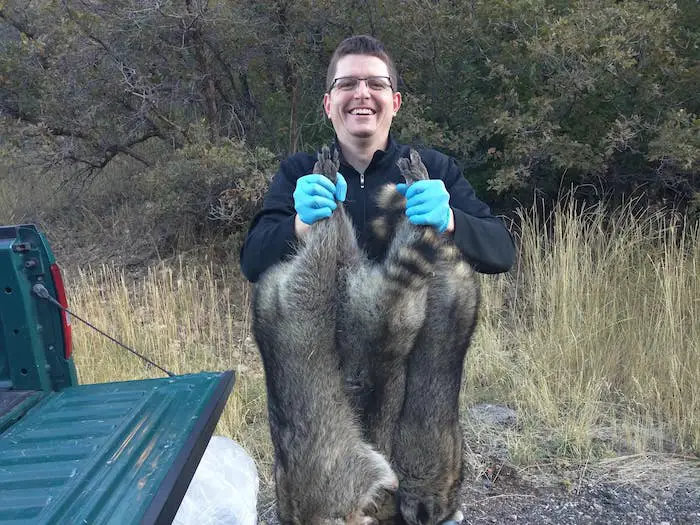Piebald Raccoon
Have you ever seen an odd colored raccoon. Maybe it had white markings or its face where it should have had a black mask. This raccoon may be a piebald raccoon.
A piebald raccoon is a raccoon with a genitic coloration issue that causes cells in the skin or fur not to produce less melon. Melon is the pigment that gives all animals including raccoons their color. A piebald raccoon may be a gray white color or just have some sploches of coloring that are white or gray.
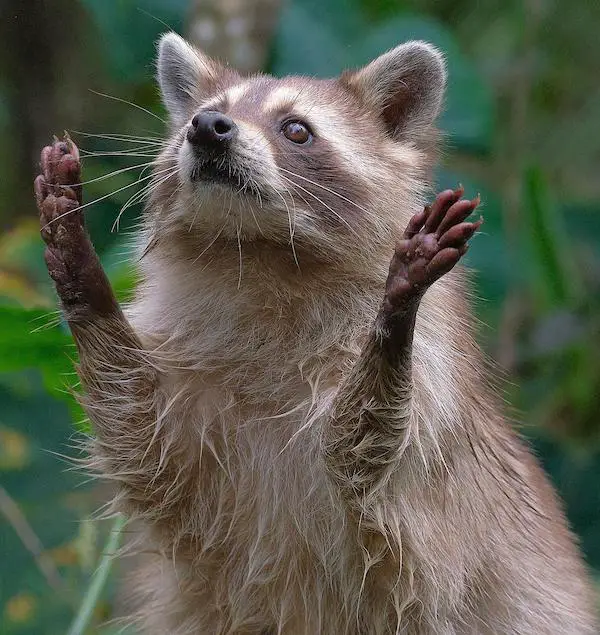
A piebald raccoon is not the same as an albino raccoon. The difference is that a piebald raccoon will have normal colored eyes and nose. An albino raccoon will have a pink nose and have pink feet and red eyes. This is due to their body not producing any melon.
Piebald raccoons are one of the rarest raccoons that you may see in the wild. A trapper may never see let alone catch a raccoon that is piebald. They are extremely rare.
So if you ever come across a raccoon in the wild that has some coloration and a black nose you may be looking at a piebald raccoon that is extremely rare to see. I personally have never seen one.
If you ever catch a piebald raccoon it would be cool to get it to the taxidermist and get it mounted. Piebald raccoons are rare and may be able to be marketed as a nobility item. Here is one piebald raccoon I found for sale online.
The pictures above are of piebald raccoons here is a picture of a normal raccoon for comparison. As you can see the raccoon is missing a bunch of its coloration.
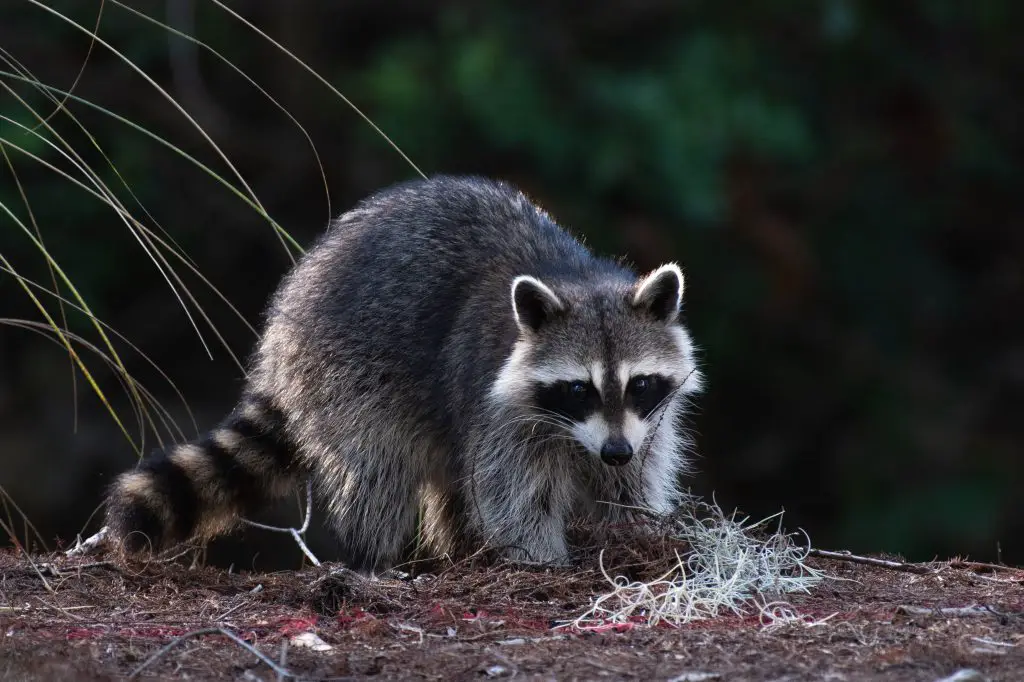
As you can tell the piebald raccoons may have troubles hiding in the wild due to their bright gray white color. Another reason they may be so rare is because of the hard time they have hiding from predators. They stand out like a sore thumb.
This will make them a target in the wild and easier to see and catch. Thus those genes and mutations will be gone.
When bred in captivity for the gene it is much more common and will occur more as it is specifically bread for that trait. Maybe if enough people breed raccoons the piebald coloration will become more prominent. But it isn’t likely to become common in the wild.
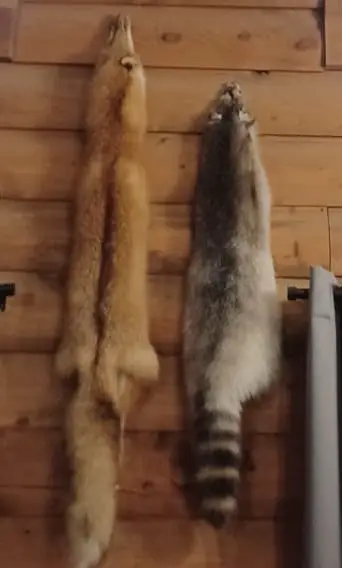
If you ever see or catch one of these elusive creatures let us know we would love to hear about it. Email us about it thfoutdoorssite@gmail.com or share it on our facebook group.
